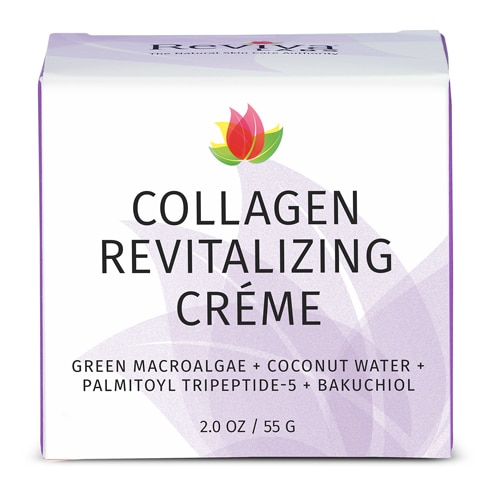You may have noticed a strange ingredient popping up in recipes recently: collagen. Collagen is a naturally occurring protein in the human body--the most abundant one in mammals. It is a component of structural tissues all throughout the body, including our bones, cartilage, tendons, and ligaments. Collagen is also present in the cell matrix that forms our skin, as well as in the lining of the gut.
As the body ages, however, it produces less collagen. In the skin, loss of collagen visibly results in a condition that plagues us all – the eternally dreaded skin wrinkles. Likewise, loss of collagen brings about decreased structural integrity of the tissues within the body. In our quest for wellness and youthfulness, an interest in consumption of collagen to prolong signs of aging (both internally and externally) has arisen. But does collagen deliver on its promise to turn back the clocks? Or, is it just the latest fad?
Oral collagen supplements
Several studies have been conducted to examine the possible benefits of collagen taken in supplement form to aid in improved skin quality. In a small pilot study of 26 women published in 2012, consumption of a daily collagen-containing supplement over 12 weeks led to a reduction in skin dryness and wrinkles. Study authors did note that while collagen content in the skin was increased, the increase wasn’t statistically significant (also, the sample size was quite small).*
In another study, small cohorts of women with signs of facial aging were given either a collagen-containing supplement or a placebo, and skin quality was assessed with a visual aging score. After four weeks of treatment, the treatment group showed improvement in their visual aging score, as well as improved hydration.*
Other studies have taken a look at the effects of collagen supplementation on tissues inside the human body. In 2008, study authors investigated the effects of collagen hydrolysate on athletes with joint pain. This randomized, double-blind, placebo-controlled study analyzed data from 97 subjects and determined that collagen supplementation resulted in a statistically significant improvement in joint pain while walking, standing, and at rest. So, in short, a few small studies have shown that collagen supplements may be beneficial for us.*
In researching a collagen supplement to try, you may notice that manufacturers of collagen supplements tout their products as a natural means of healing the gut due to the presence of certain amino acids in their product. Collagen, a protein, indeed contains amino acids that have been studied separately for their effects on gut health. However, no studies on the direct impact of collagen supplementation on gut health have been published. Experts in the field remain skeptical about dietary collagen, many noting that collagen consumed doesn’t translate to collagen stored in the body – the same way that any dietary fat we consume isn’t transported directly to our fat stores.*
Adding collagen to your diet
Dietary collagen supplements on the market are bovine-, marine- or otherwise animal-derived, and they are sold in the form of a capsule or a powder – the latter of which easily lends itself to use in a variety of recipes. Powdered collagen peptides do not have a strong flavor, and a quick Google search while researching this article turned up results for everything from collagen-containing protein bars and baked goods, to soups and pasta sauces! A scoop of collagen powder can also be added to a homemade smoothie, just as you might add any other protein powder.
Recommendations
Currently, there is limited evidence that dietary collagen supplementation may help improve skin texture and appearance. Additionally, it may be linked with improved joint pain or gut health. Clinical trials have not confirmed any negative outcomes associated with collagen consumption, and powdered collagen supplements can easily added to a wide variety of recipes.
Bear in mind that no recommendation for a maximum safe intake has been established, but adhering to the manufacturer’s directions found on the label is a prudent suggestion. Several clinical studies have tested a dose of 5 grams daily, and a suggested dose per the University of Michigan Health System is 7 to 10 grams per day.
Regardless, for those intrigued by the reports that this supplement promotes youthfulness, it appears that collagen may be a viable and fairly safe option. Given the growing interest in this topic, we are sure to see more research on the claims surrounding collagen in the coming years.
*These statements have not been evaluated by the FDA. These products are not intended to diagnose, treat, cure or prevent any disease.
This article was contributed by Kate Kanner, RDN, registered dietitian nutritionist with The Little Clinic (inside select Kroger locations). For more information about dietitian services, visit www.thelittleclinic.com/dietitians.




